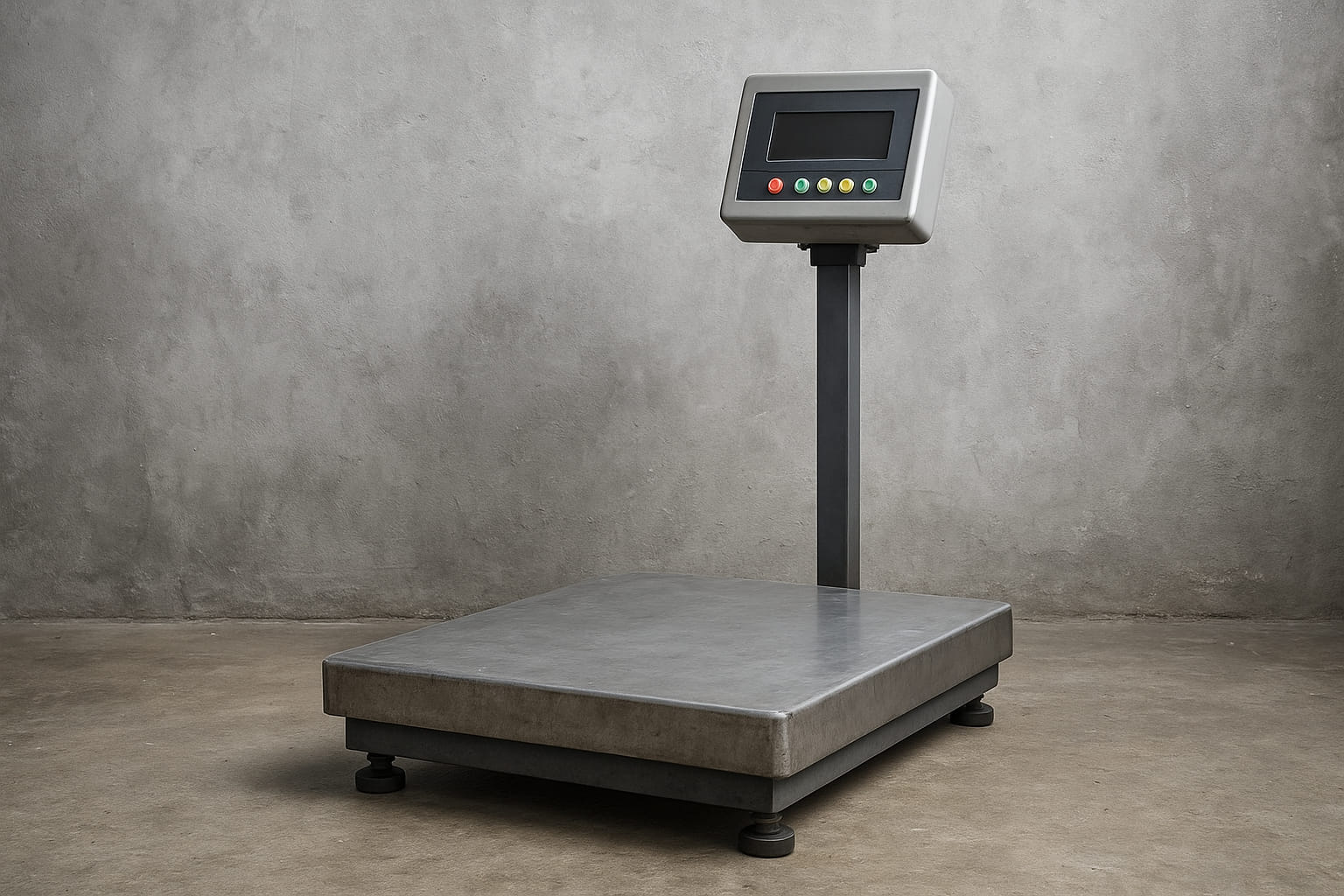Walk into any warehouse, manufacturing plant, or logistics center, and you’ll spot them, industrial scales working quietly in the background, making sure every weight is exact. These aren’t your kitchen countertop scales. We’re talking heavy-duty equipment that handles everything from raw materials to finished products, keeping operations running smoothly.
But here’s what most people don’t realize: your industrial scale is doing way more than just telling you how much something weighs. It’s protecting your bottom line, keeping you compliant with regulations, and making sure your customers get exactly what they paid for.
The Real Cost of Wrong Measurements
Let’s talk money. Say your scale reads 2% off. Doesn’t sound like much, right? But if you’re processing 100 tons of material daily, that’s 2 tons vanishing from your records. And it’s not just about the numbers on paper. Wrong weights mean:
- Batches that don’t meet specs are getting tossed out
- Customers are complaining about short shipments or inconsistent products
- Quality control systems that can’t catch problems
- Regulatory audits that turn into nightmares
Different Jobs Need Different Scales
Not all industrial scales are the same. Floor scales handle pallets and large containers. Bench scales work for smaller items that need precision. Truck scales weigh entire vehicles to figure out load weights. Counting scales help with inventory when you’ve got thousands of identical parts.
The key is matching the right scale to your specific needs. You need to think about capacity, accuracy requirements, the environment it’ll work in, and what kind of beating it’ll take daily. A scale that’s perfect for a climate-controlled packaging line might die within weeks on a dusty loading dock.
Keeping Your Scale Accurate
Here’s something that catches people off guard: scales drift. Even quality equipment loses accuracy over time. It’s not a defect, it’s physics. Load cells wear, temperature changes affect components, and vibrations create tiny shifts. Over months, these small changes add up to measurements you can’t trust.
And maintenance isn’t just about calibration. Keep the platform clean. Check for physical damage. Make sure nothing’s binding the scale or preventing it from moving freely. Debris under a floor scale or a bent load cell can throw off every reading.
Technology Is Changing the Game
Modern industrial scales aren’t just mechanical platforms with a display anymore. Today’s equipment connects to your network, feeds data directly into your inventory systems, and can alert you when something’s not right. You can track weights in real-time, spot trends, and catch problems before they cost you money.
Conclusion
When you’re shopping for an industrial scale, don’t just look at price. Think about the total cost of ownership. A cheap scale that needs constant repairs and frequent replacement isn’t saving you money. Quality equipment with proper support and reasonable maintenance requirements costs less in the long run.
Look for manufacturers who stand behind their products. Check what kind of support they offer.
Your scale is working every day, supporting critical operations. Treat it like the essential piece of equipment it is, and it’ll take care of you. Ignore it until something goes wrong, and you’ll learn real fast how expensive inaccurate weights can be.

